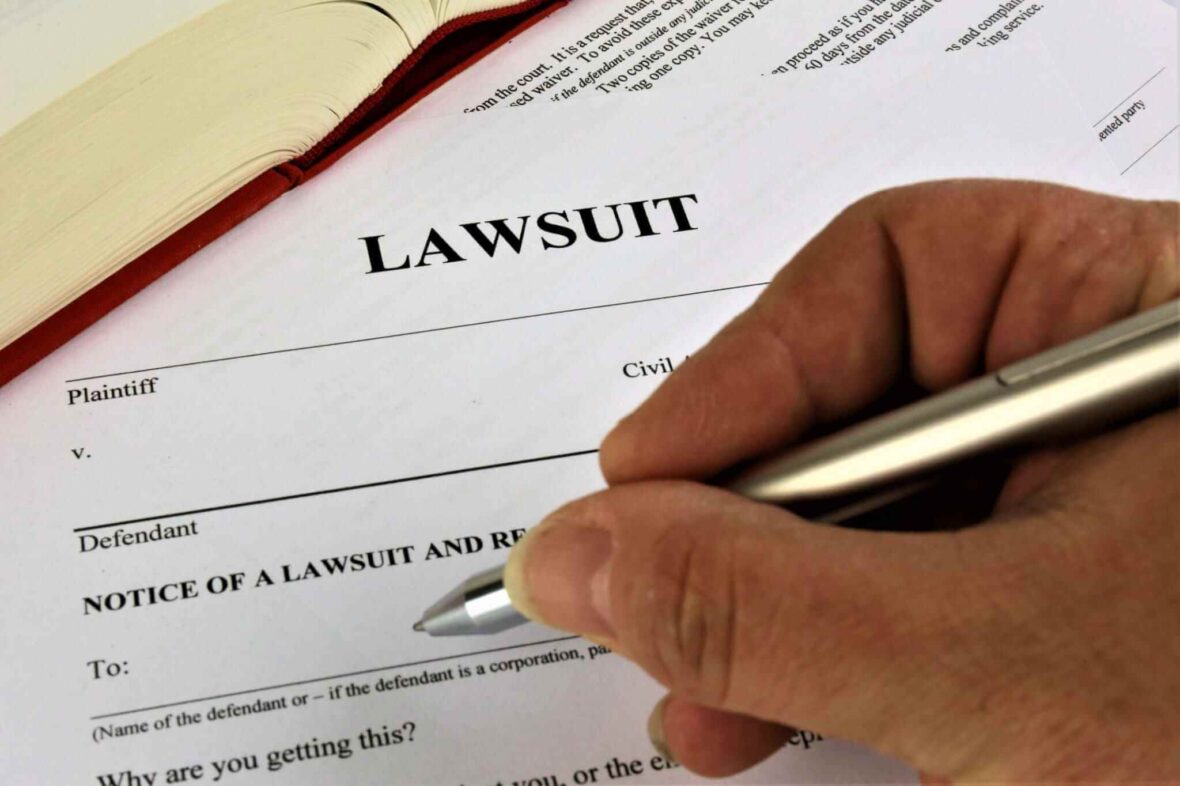Based in Jacksonville, just 50 miles north of Wilmington, Camp Lejeune has been the center of a significant water contamination issue. Millions of employees, service people, and their families lived in the camp during the 20th century, with its water contaminated with cancer-causing solvents, including TCE, PCE, and VC. CDC estimated that anywhere between 500,000 and a million of them were exposed to the contaminated water supply, exposing the government to numerous lawsuits.
The lawsuits, aided by the Camp Lejeune Justice Act of 2022, have allowed the plaintiffs to secure billions of dollars. Nevertheless, a lot of them also failed due to the filers’ inability to provide the documents needed and prove the information.
It’s important to get help for your Camp Lejeune toxic water lawsuit from the trusted professionals at Douglas and London. They will ensure that you get the justice you deserve.
1. Eligibility
Camp Lejeune litigation is open not just to service members but also non-military ones like civilians who worked on the base, military families residing there, and surviving family members of veterans stationed at this base. However, the criterion is somewhat tricky, and not all the people who stayed there will be eligible for compensation.
In general, the litigation aims to provide compensation to individuals who can establish a causal link between their presence at Camp Lejeune during the period of water contamination and the development of certain specified health conditions. These conditions may include but are not limited to several types of cancer, neurological disorders, birth defects, and other serious illnesses associated with the toxic substances present in the water supply.
2. Time
To qualify for a lawsuit, the victim must have lived there between August 1, 1953, and December 31, 1987, for at least 30 consecutive days. It’s important to note that even if the victim lived there for over 200 days, it will not be enough if they were in phases of 20 days at a time. Proving residence is harder than it sounds, especially if the records were destroyed in St. Louis 1973 National Personnel Records Center fire.
Given the difficulties that may arise in proving residency, it becomes essential for individuals affected by the Camp Lejeune water contamination to seek legal assistance. Experienced attorneys specializing in Camp Lejeune litigation can provide invaluable guidance and support in navigating the intricacies of the legal process.
3. Exposure
It’s also important to prove that you or your deceased family member was exposed to the contaminated water. It’s also crucial to demonstrate that this directly led to the contraction of an illness, from the ones mentioned later. Otherwise, the defendant may argue that the contamination didn’t affect the claimed victim’s life or that the illnesses argued were not a direct impact of the contamination but instead other factors in the victim’s life.
Here, any medical records of symptoms or blood testing for toxins from the time at Camp Lejeune can help strengthen the case. It’s important to provide these medical records to a legal professional who is helping with your case.
4. Illness or Injury

The victim must have documented illnesses or injuries related to the contaminants in the water. Establishing the correlation between the contaminants in the water and specific health conditions requires comprehensive medical documentation and evidence. Unfortunately, in cases where proper testing was not conducted before the individual’s death, gathering such evidence becomes more difficult.
However, it is important to note that there are various health conditions known to be associated with the chemicals that contaminated the water at Camp Lejeune. These types of health issues include several types of cancers, kidney disease or kidney failure, scleroderma, or myelodysplastic syndromes. It can also include neurobehavioral effects, like Parkinson’s disease. It is crucial to consult with medical professionals and experienced attorneys who specialize in Camp Lejeune litigation to accurately assess the individual circumstances and determine the potential link between the documented illnesses or injuries and the contaminants in the water.
5. Other Requirements
Along with the eligibility criteria detailed above, the victim also must not have been dishonorably discharged. In such a case, no matter the strength of the evidence, the victim will not be able to secure any compensation for the financial burdens caused by the contamination.
It is an unfortunate situation to be placed in. But it’s important to follow the rules and requirements of the lawsuit. It can be daunting to do all of this on your own so make sure to reach out to a trusted legal team. They will make sure that everything is in order, and that you fit the specific requirements.
Conclusion
Those affected by Camp Lejeune water contamination can pursue a lawsuit for a compensation opportunity. It is within their right to do so, especially if they have developed long-term health effects. However, the stringent criterion makes it essential to seek legal assistance and assemble documentation of residence at the camp, and any illnesses contracted since.
By understanding the eligibility requirements, the victims can work towards obtaining the financial compensation they deserve. The quicker this is accomplished, the sooner the victim will have justice.




